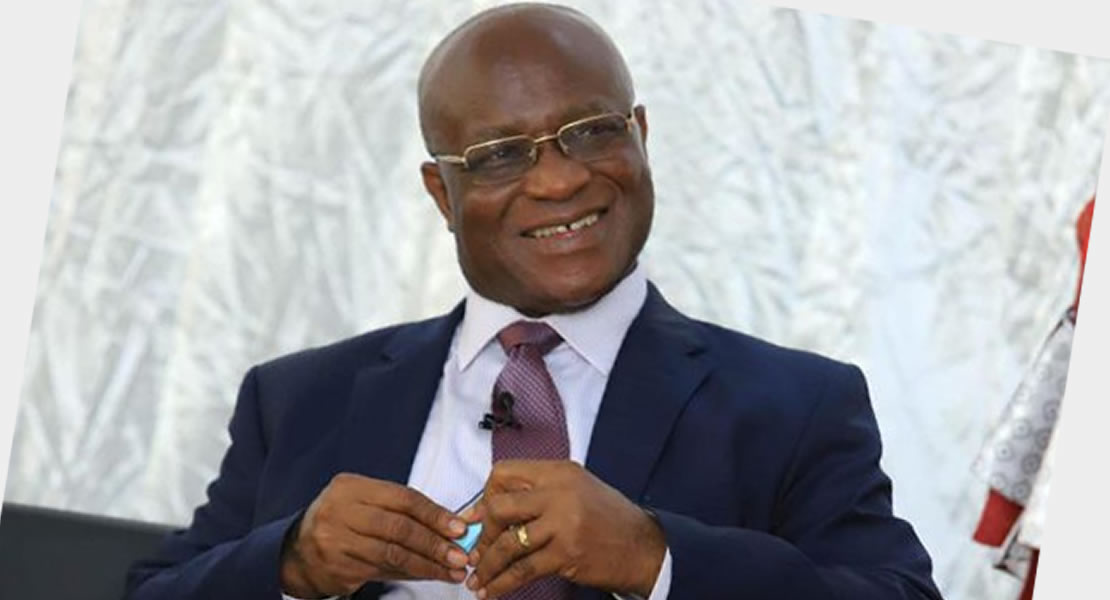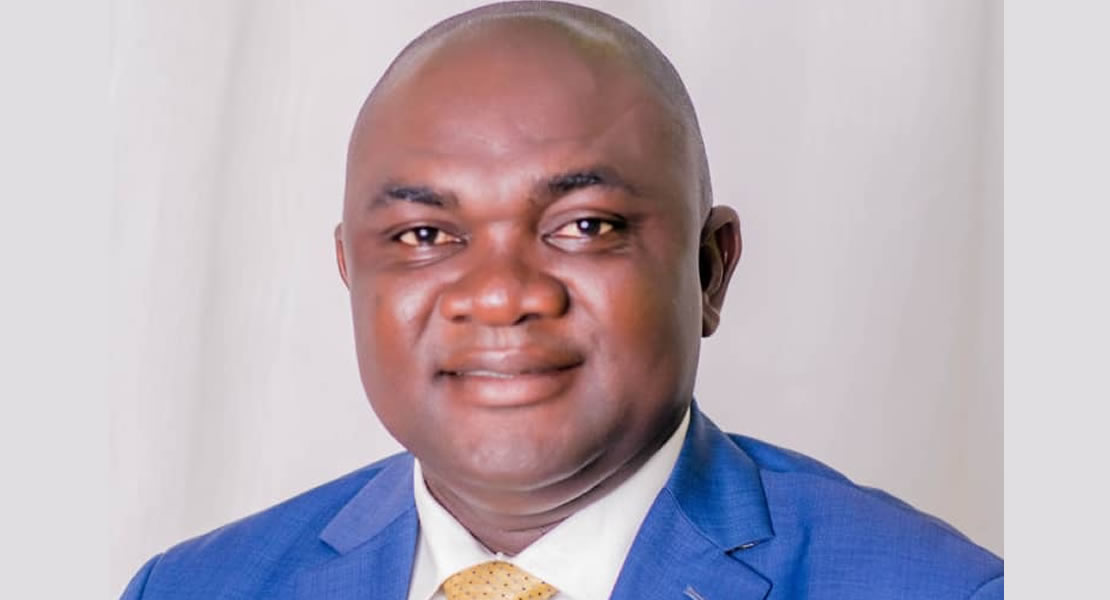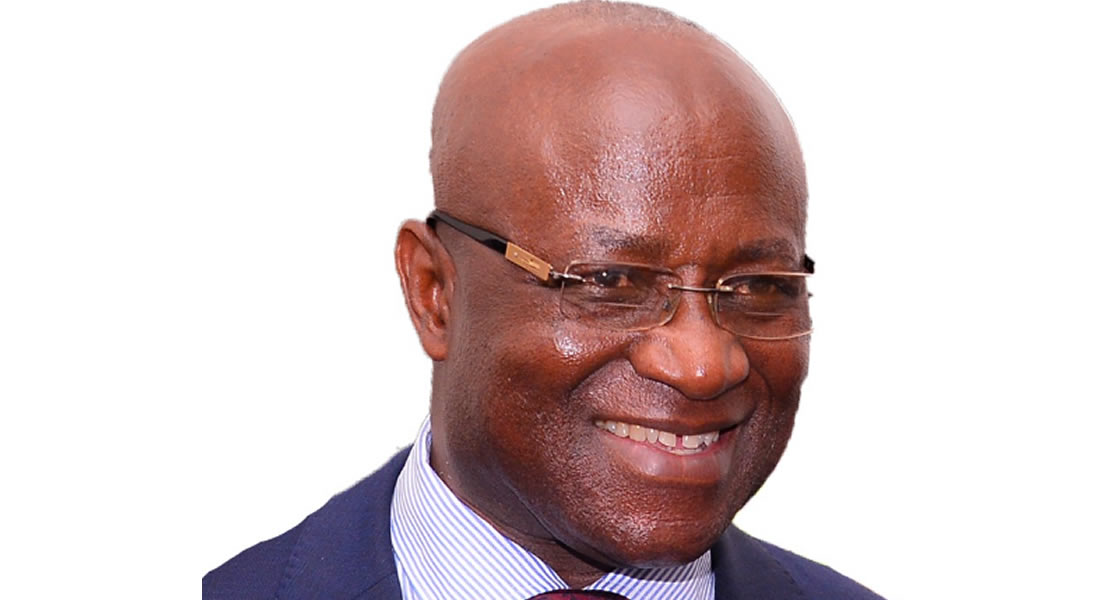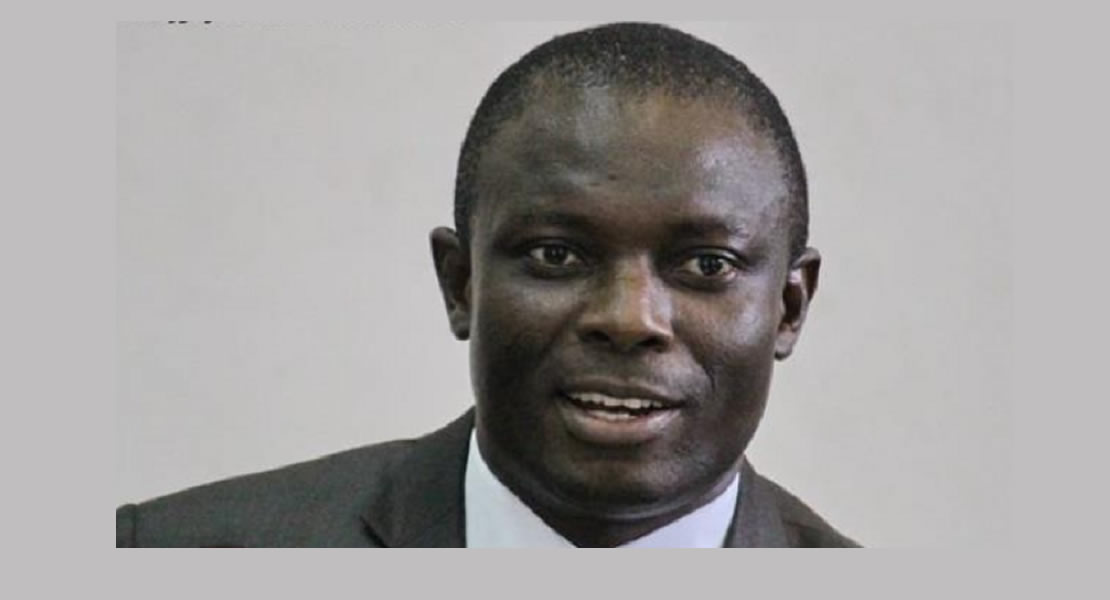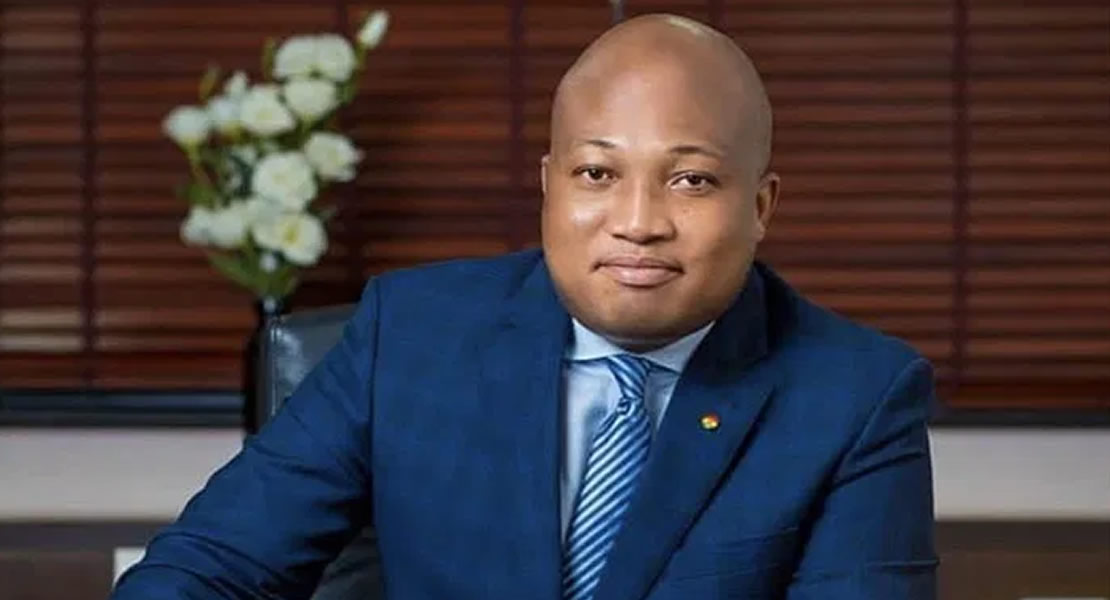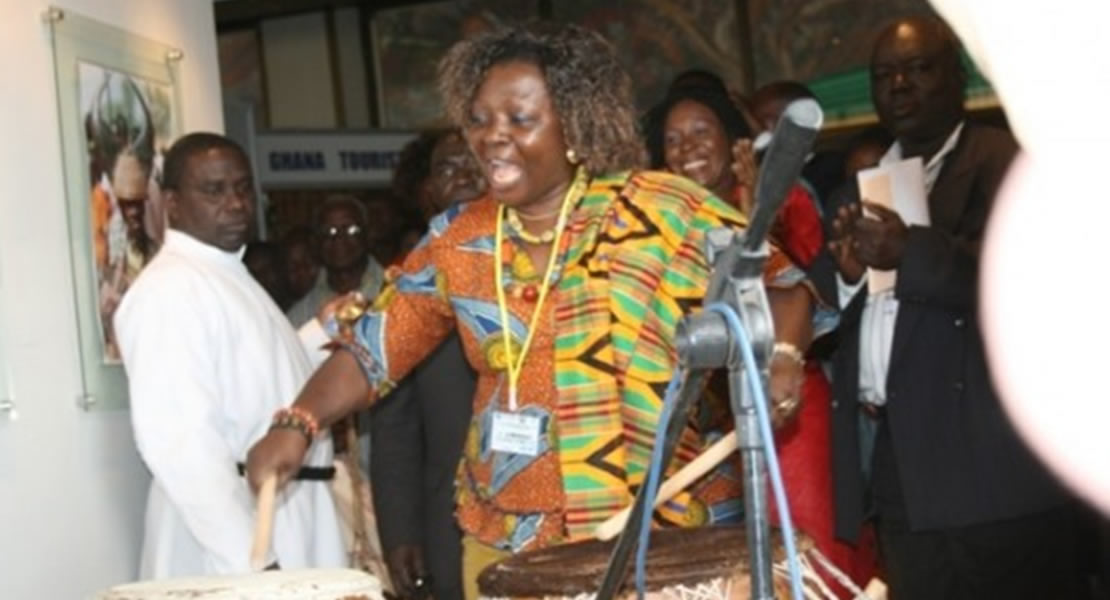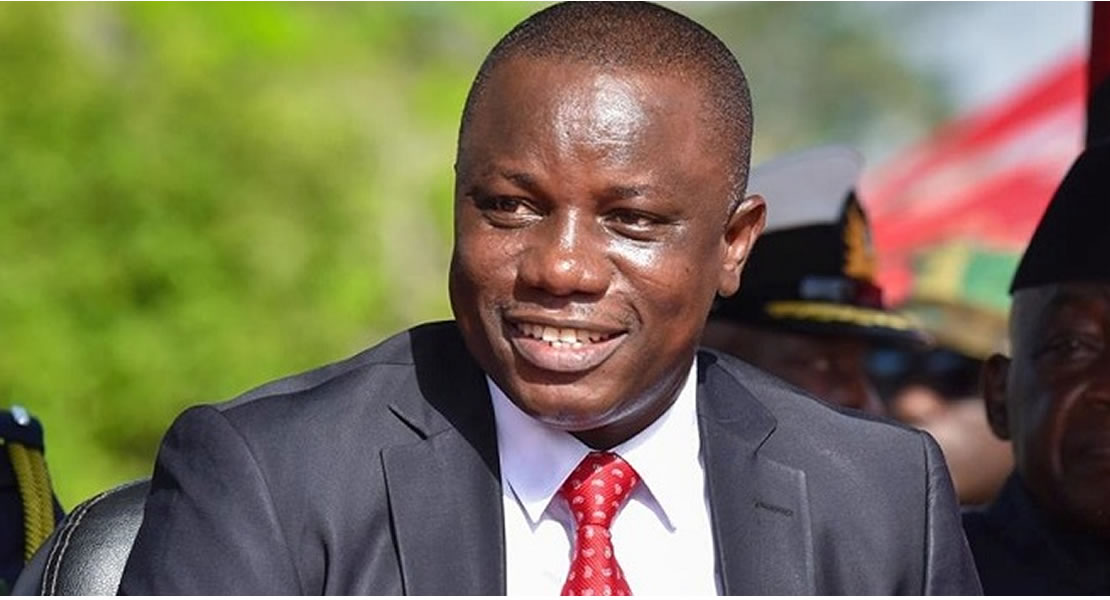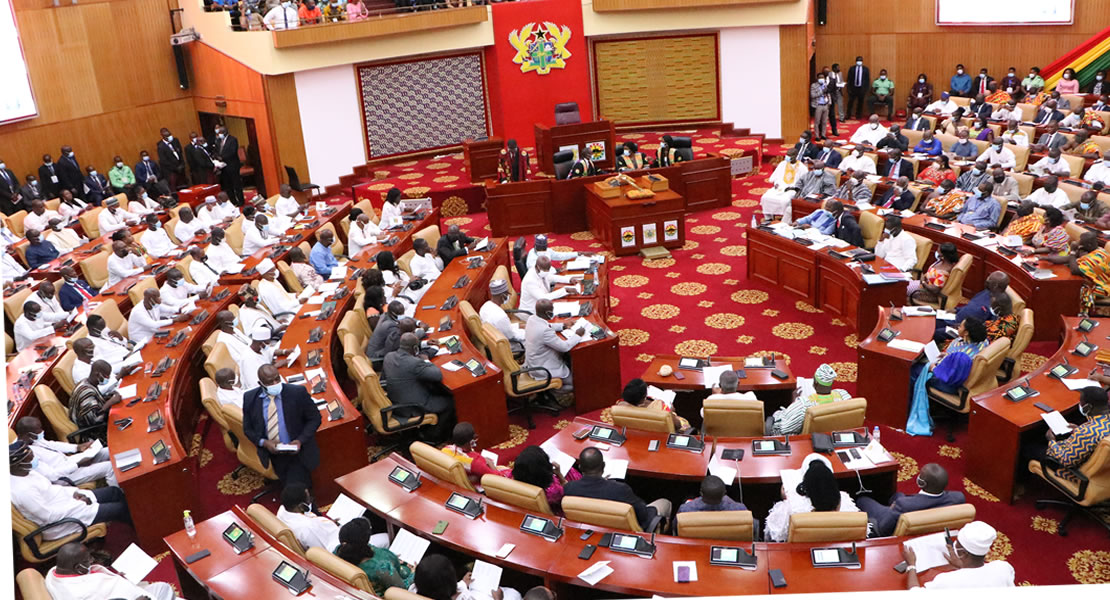The Minority Leader in Parliament, Osei Kyei Mensah-Bonsu, has stated that strengthening Parliament’s financial oversight responsibilities is critical to combating corruption.
He noted that “the evil enterprise of corruption which has become cancerous in Ghana”, explaining that Parliament has no option than to demonstrate extreme concern about the problems and threats that corruption poses to the stability and security of the country.
He said corruption undermines state institutions and the values of democracy, as well as cultural and traditional values and the justice system. According to him these work against sustainable development and the rule of law.
The Minority Leader made these remarks when he delivered the 2013 Liberty Lecture at the Auditorium of the British Council on Tuesday on the theme: “The Deficit in Parliamentary Oversight in the Fight against Corruption.”
He stated that corruption hurts the poor disproportionately by diverting scarce funds intended for development which undermine government’s ability to provide basic services such as potable water, schools, shelter, clinics, toilet facilities, farming inputs to the populace and thus aggravate inequality and injustice.
He said corruption discourages foreign aid and investment.
“As representatives of the people, Members of Parliament ought to be extremely concerned about the increasing links between corruption and the other forms of crime both domestic and international,” he stated.
He explained further that modern Parliaments have seven main functions including: Representation (of voters); Legislation or law-making; Power of the purse or Financial Control; Oversight of the executive and the independent constitutional bodies; Deliberation; Information transmission or dissemination; and Problem resolution.
“The legitimacy of Parliament is measured by these roles that they perform and how effective they are. A strong Parliament is one that has fair and unbiased rules, a capacity to represent the will of the people and a reasonable and appropriate role in decision making. A Parliament with no substantial role in the political process or in making binding decisions is a toothless, rubber-stamp and inconsequential entity,” he noted.
Osei Kyei Mensah-Bonsu also noted that the sharpest tool for oversight of the Executive is by Parliamentary Committees, as the sheer volume of business in Parliament makes it impossible to transact every business in plenary and hence the committee system.
“The committee system offers Parliament one good remedy to the defects in the democratic process. It offers a way to meet public demands for Parliaments to be less adversarial and more constructive in developing solutions for societal problems. The cooperative approach to politics (at the committee level) enhances public confidence in the ability of Parliament to resolve common problems,” the Minority Leader said.
“If members quibble and take partisan and entrenched positions at Committees as was witnessed at the Public Accounts Committee sittings last year, that represents a disservice to democracy and inflicts a severe wound on Parliament’s oversight strength”, he added.
According to him, for Parliamentarians to exercise financial oversight responsibility over the Executive as well as ensuring that good governance continues, adding “Parliament and Parliamentarians must be mindful of the principles of sound management of public affairs and public resources.”
According to him, Members of Ghana’s Parliament must themselves understand the principles of responsibility, equality before the law and urgent need to develop, imbibe and foster a culture of rejection of corruption and impurity.
Building the capacity of Parliamentarians to exercise this responsibility, he said is of the urgent necessity, noting that “this is not a one-year or even four-year effort as it requires much time.”
Any objective assessment of the performance of MPs in Ghana, he said, would yield the names of Papa OwusuAnkomah, Alban Bagbin, Doe Adjaho (the current Speaker), W. O. Boafo, Dr. Anthony AkotoOsei, Dr.Kunbuor the Majority Leader and himself as very knowledgeable and experienced and prolific debaters and law-makers.
“These people are not instant products, they are men of the days before yesterday. The rather high attrition rate of MPs attributable, primarily to the increasing monetization of our internal party politics is proving detrimental to parliamentary work. The political parties have to do serious introspection as this practice of opening the slice gates at the end of every four years is not advancing our democracy in any way,” he said.
He noted that it is important for Ghanaians “to acknowledge that the prevention, detection and fight against corruption and healing, reviving and uplifting the instruments for good democratic governance is a responsibility of all stakeholders including groups outside the public sector such as CSOs, NGOs and community-based organizations.”
“Many people recognize the deficit in the oversight responsibilities of Parliament. Notwithstanding, correcting the deficiencies in the system should be a collective responsibility even though, admittedly, the role of Parliament is, admittedly, very huge. Parliament is capable of elevating its performance since, as we have seen, a lot of the problems are self-inflicted,” he added.
Myjoyonline.com

